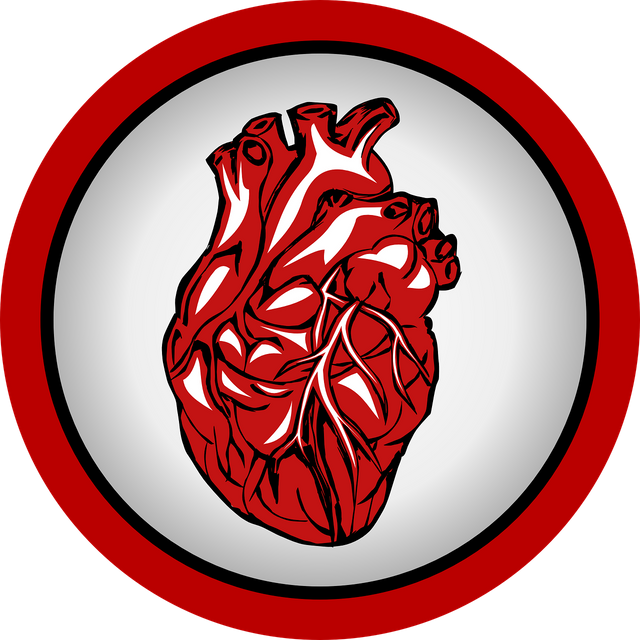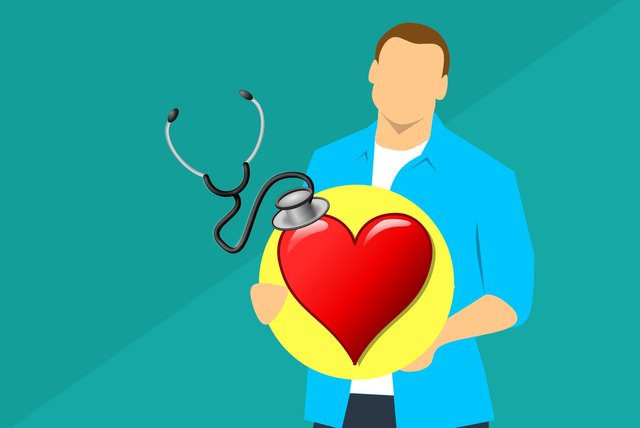
High blood pressure, also known as hypertension, is a common condition that affects millions of people worldwide. It occurs when the force of blood against the walls of arteries is consistently too high, which can lead to serious health complications if left untreated. While high blood pressure often has no obvious symptoms, there are certain signs and symptoms that may indicate its presence. In this article, we will discuss high blood pressure symptoms in detail.
Headaches: Headaches are one of the most commonly reported symptoms of high blood pressure. Although headaches can have many causes, persistent or severe headaches, particularly in the morning, may be a sign of high blood pressure. However, it's important to note that not everyone with high blood pressure will experience headaches, and headaches alone are not necessarily indicative of high blood pressure.
Dizziness or lightheadedness: Feeling dizzy or lightheaded can also be a symptom of high blood pressure. When blood pressure is too high, it can affect the blood flow to the brain, leading to feelings of dizziness or lightheadedness. If you frequently experience these symptoms, especially when standing up from a seated or lying position, it's important to consult a healthcare professional to check your blood pressure levels.
Blurred vision: High blood pressure can also affect your vision. Blurred vision or difficulty focusing on objects may be a symptom of high blood pressure. This occurs when the high pressure in the blood vessels in the eyes affects the small blood vessels in the retina, leading to changes in vision. If you notice changes in your vision, it's crucial to seek medical attention promptly.
Chest pain or palpitations: High blood pressure can cause chest pain or discomfort, or palpitations, which are irregular heartbeats. When the heart has to pump harder against high blood pressure, it can cause discomfort or pain in the chest. Palpitations may feel like your heart is racing, pounding, or skipping a beat. If you experience persistent chest pain or palpitations, it's important to seek medical advice immediately.
Shortness of breath: High blood pressure can also affect your respiratory system. When the blood vessels in the lungs are constricted due to high blood pressure, it can lead to shortness of breath, even during mild physical activities. If you find yourself struggling to catch your breath or feeling breathless frequently, it's essential to get evaluated by a healthcare professional.
Fatigue or weakness: Feeling excessively tired or weak can also be a symptom of high blood pressure. When the heart has to work harder to pump blood against high pressure in the arteries, it can lead to fatigue or weakness. If you feel consistently tired or weak, even after getting enough rest, it's important to get your blood pressure checked.
Nosebleeds: While not as common, frequent nosebleeds can also be a sign of high blood pressure. When the blood vessels in the nose are under increased pressure, they can become more prone to bleeding, leading to nosebleeds. If you experience frequent nosebleeds without an obvious cause, it's important to have your blood pressure checked.

It's important to note that high blood pressure is often referred to as a "silent killer" because it often presents no symptoms or mild symptoms that can easily be overlooked. Therefore, regular blood pressure check-ups are crucial, especially if you have risk factors for high blood pressure such as a family history, a sedentary lifestyle, unhealthy diet, obesity, smoking, excessive alcohol consumption, or stress.
In conclusion, while high blood pressure often does not cause obvious symptoms, there are certain signs and symptoms that may indicate its presence. These can include headaches, dizziness, blurred vision, chest pain or palpitations, shortness of breath, fatigue or weakness, and nosebleeds. It's important to pay attention to these symptoms and seek medical advice promptly if you experience them, especially if you have risk factors for high blood pressure. Early detection and management of high blood pressure can help prevent serious health complications such as heart disease, stroke, and kidney damage.
If you suspect that you may have high blood pressure, it's crucial to get an accurate diagnosis from a healthcare professional. Blood pressure can be easily measured using a blood pressure cuff and a stethoscope or an electronic blood pressure monitor. A diagnosis of high blood pressure is typically based on multiple readings taken on different occasions, as blood pressure can vary throughout the day and can be affected by various factors such as stress, physical activity, and medications.
If you are diagnosed with high blood pressure, your healthcare provider may recommend lifestyle changes and/or medication to help lower your blood pressure. Lifestyle changes may include adopting a healthy diet that is low in salt, saturated fats, and cholesterol, increasing physical activity, quitting smoking, reducing alcohol consumption, managing stress, and maintaining a healthy weight. Medications may be prescribed to help lower blood pressure if lifestyle changes alone are not sufficient.
In addition to medical interventions, it's important to monitor your blood pressure regularly, follow your healthcare provider's recommendations, and maintain a healthy lifestyle to effectively manage high blood pressure. It's also essential to communicate any changes in symptoms or concerns to your healthcare provider to ensure appropriate management and prevent potential complications.
In conclusion, while high blood pressure often presents no obvious symptoms, there are certain signs and symptoms that may indicate its presence. These can include headaches, dizziness, blurred vision, chest pain or palpitations, shortness of breath, fatigue or weakness, and nosebleeds. It's important to be aware of these symptoms, especially if you have risk factors for high blood pressure, and seek medical advice promptly if you experience them. Early detection and management of high blood pressure through lifestyle changes and/or medication can help prevent serious health complications. Regular blood pressure monitoring, following healthcare provider's recommendations, and maintaining a healthy lifestyle are crucial in effectively managing high blood pressure and maintaining overall cardiovascular health.